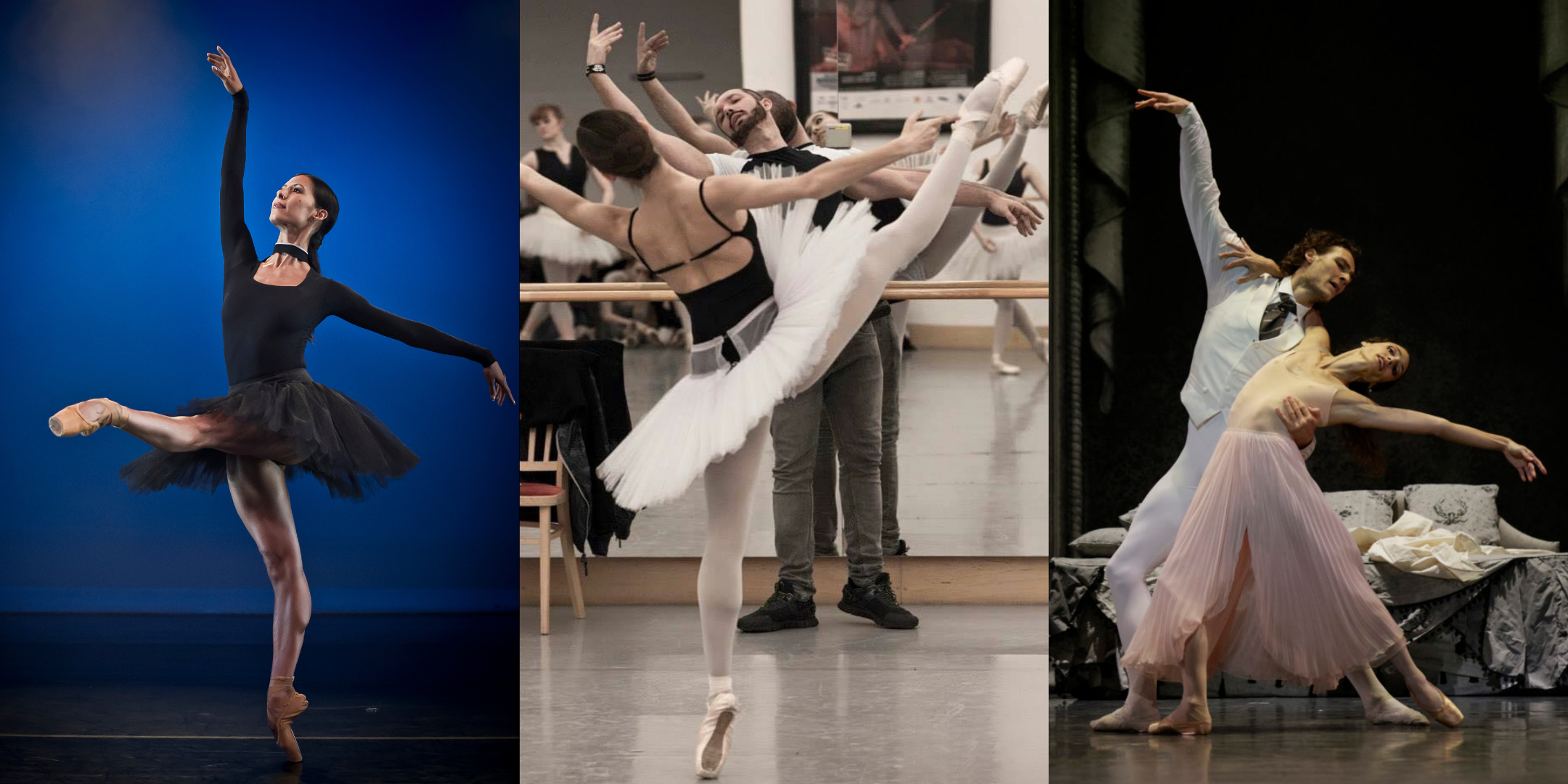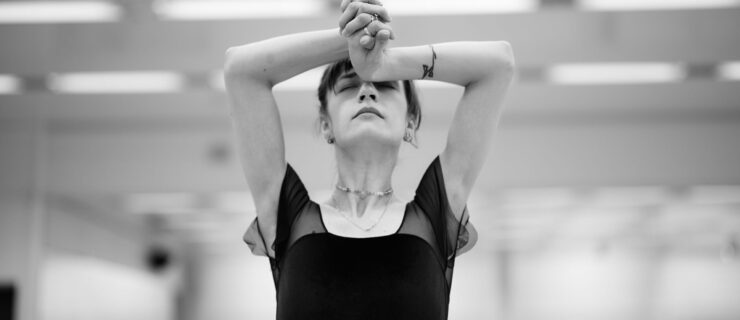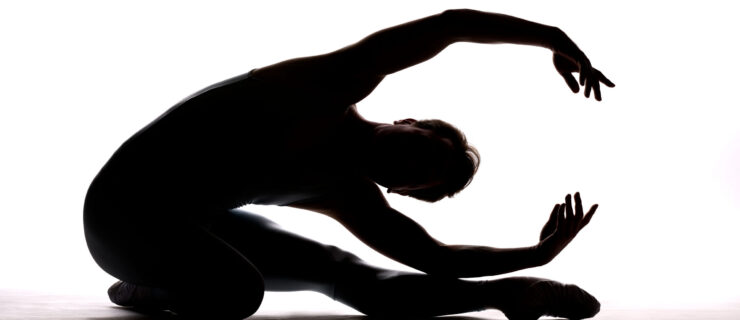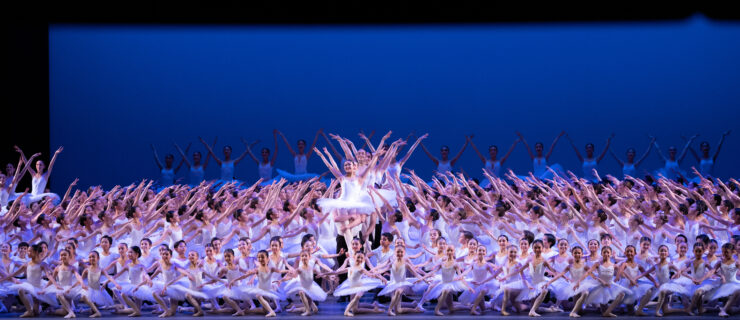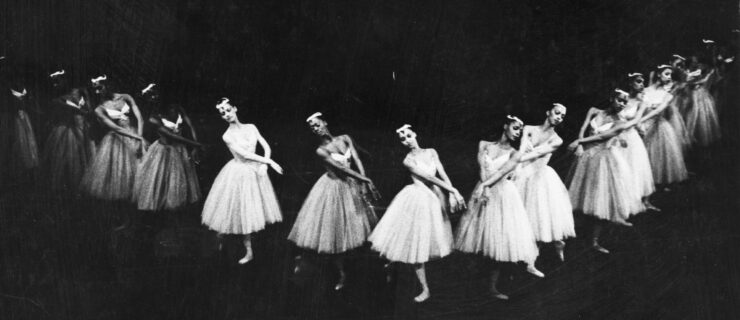Carrying Ballet Legacy Into the Future at the 2023 Petipa Heritage Foundation Awards
Seven years ago, world-renowned choreographers Vasily Medvedev and Stanislav Fečo founded the Petipa Heritage Foundation. Their goal: to preserve, restore, and enhance the works of Marius Petipa, the father of classical ballet.
Together, Medvedev and Fečo have reconstructed versions of Petipa’s ballets on major companies worldwide. In 2019, the duo launched the Petipa Heritage Foundation Awards to recognize artists of exceptional talent and excellence in bringing forward Petipa’s legacy. After a three-year pause, during which the duo relocated the PHF to the U.S., the ceremony now returns on September 23 for the 2023 Petipa Awards Gala at San Francisco’s Herbst Theater. This year’s awards recognize ballet legends Natalia Makarova and Pierre Lacotte (in memoriam), as well as international principal artist Lucia Lacarra, Paris Opéra Ballet étoile Hugo Marchand, and the Dutch National Ballet.
The star-studded gala features performances by Lacarra and international guest artists Matthew Golding, Marchand and fellow Paris Opéra étoile Dorothée Gilbert, DNB’s Maia Makhateli and Giorgi Potskhishvili, Staatsballett Berlin principals Elisa Carrillo Cabrera and Mikhail Kaniskin, Teatro alla Scala’s Nicoletta Manni and Timofej Andrijashenko, Astana Opera Ballet’s Bakhtiyar Adamzhan, San Francisco Ballet’s Sasha De Sola, and the Compañía Nacional de Danza de México. Highlights include excerpts from Petipa’s forgotten ballet Bluebeard and La Bayadère, a tribute to Lacotte choreographed by Medvedev, and works by Nacho Duato, Kenneth MacMillan, Edwaard Liang, and others. Fečo explains that while the ceremony honors Marius Petipa and his ballets, it also honors the legacy he created, so the gala focuses on how the artform has evolved. “In his time,” Fečo says, “Petipa was an innovator!”
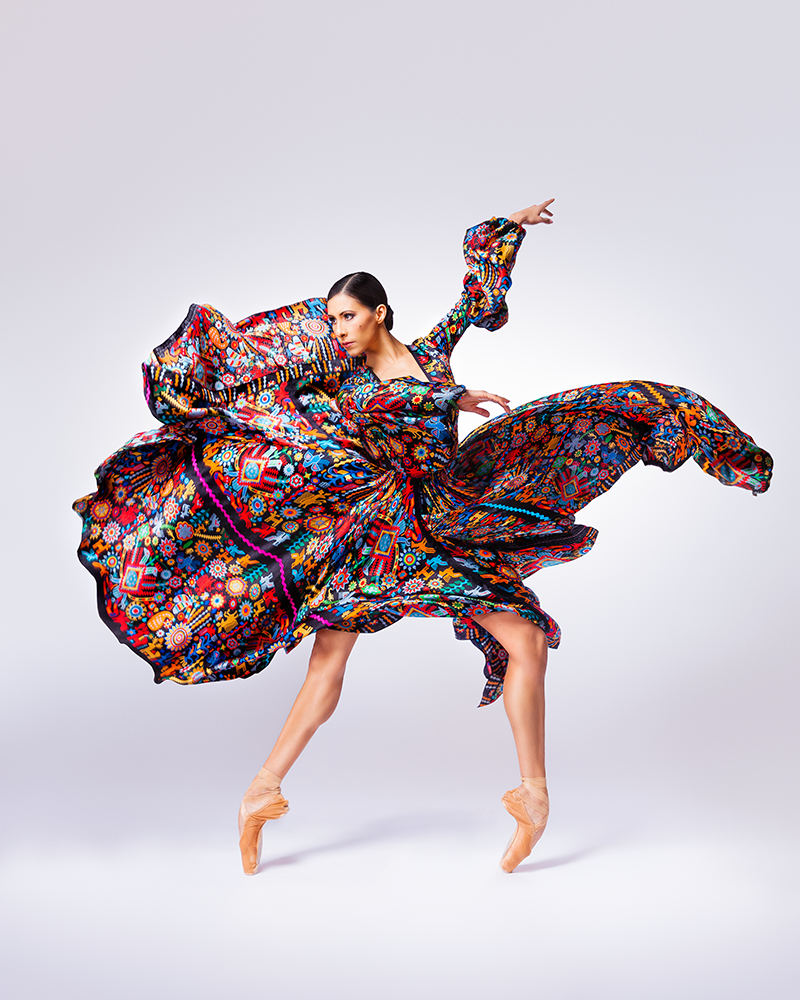
Carrillo Cabrera also serves as co-director of Compañía Nacional de Danza and is a new member of the PHF honorary advisory committee. She was one of the first artists to be awarded by the foundation in 2019. “In our lives as dancers, legacy motivates you,” says Cabrera, who helped finalize the shortlist of this year’s awardees. “Petipa created the wealth of what we, as young children, dreamed of dancing,” she continues. “So to be recognized for all the work you’ve done with these masterpieces, and with such a special event, is huge.”
Cabrera and the PHF team decided to showcase a restored excerpt from Bluebeard at the gala, the “Grand Pas Electrique,” performed by the Compañía Nacional de Danza. Three years ago, Cabrera called upon Fečo and Medvedev to restore the ballet, which originally premiered in Moscow in 1886, on the Compañía Nacional; the gala marks its premiere outside of Mexico City. “It’s a ballet that really isn’t performed,” she explains, “so that’s exactly why it’s important to show. It’s like a new discovery.”
As one of this year’s awardees, Hugo Marchand was both honored and surprised to be recognized. “This particular award means a lot,” he says. “I’m happy to be a kind of link between tradition and making ballet accessible to modern audiences, by making it seen and understandable now. I think our generation is trying to dance all these Petipa ballets by expressing real feelings. So if this prize means that, I’m very proud and happy to be part of it.”
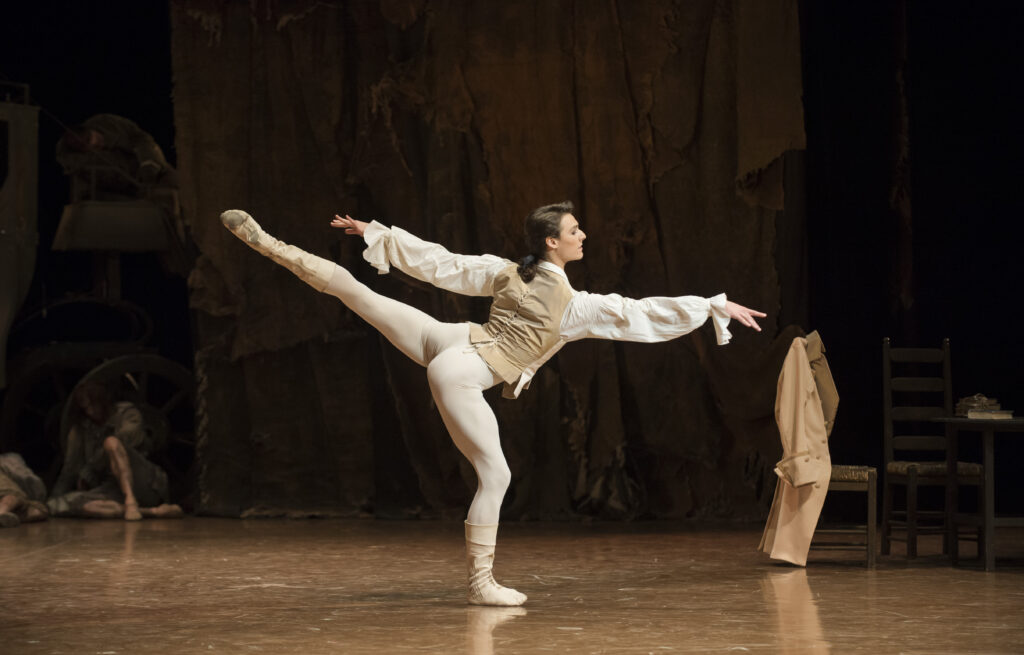
For the gala, Marchand and Dorothée Gilbert will perform pas de deux from MacMillan’s Manon and John Cranko’s Onegin, two ballets that are dear to both dancers. “It’s also repertoire that we feel comfortable with,” he says, which is helpful because due to tight scheduling at the Paris Opéra, they’ll arrive in San Francisco the day before the ceremony.
Starting Again in the Golden State
In 2020, the onset of the pandemic forced the PHF, then based in the Czech Republic, to put its work on pause and consider relocation. Luckily, Fečo and Medvedev had met Inna Bayer, director of the Bay Area–based Bayer Ballet, and, at her husband’s philanthropic invitation, they decided to relocate to San Francisco. “Thanks to them, we were able to reopen as a nonprofit and start new activities last year,” says Fečo.
Cabrera remained emotionally invested in the PHF the entire time, leading her to join the advisory committee in 2022. “Mentally, I never left it,” she says, “because it’s a project that needs to have a future. The legacy of Petipa, and the legacies of choreographers today—somebody has to take care of them.”
Fečo and team have fought nerves leading up to the gala. “We are new [here] and not that well-known,” he says. “To present this award to Natalia Makarova, for example—she’s a legend, a goddess. But she said it was probably the most important award in her life.” Pierre Lacotte, the prolific French dancer and choreographer who specialized in reconstructing 19th-century ballets—and who also helped Rudolf Nureyev defect from Russia in 1961—was notified of his award before he passed away in April at the age of 91. “He said it went straight to the bottom of his heart,” says Fečo, smiling. “He was so happy! He dedicated his life to Petipa, to research and those ballets. We are so honored. Petipa means something for every single dancer.”
